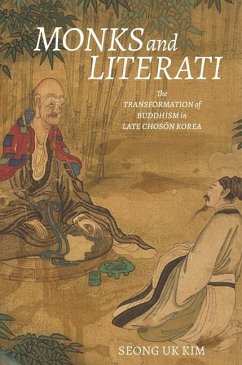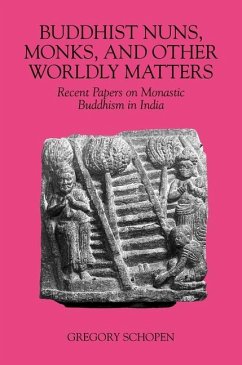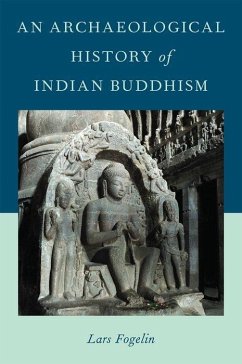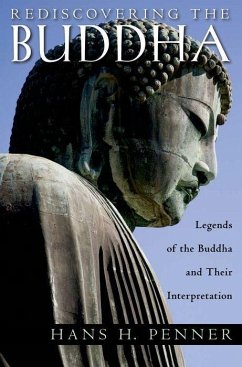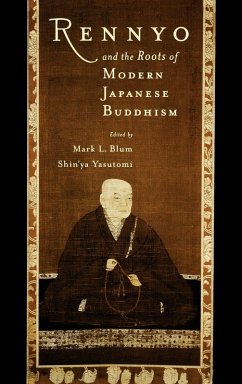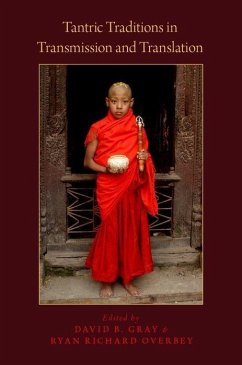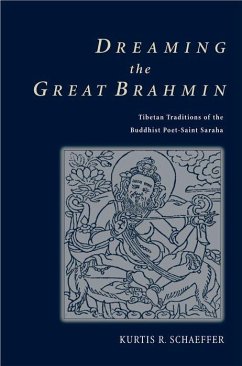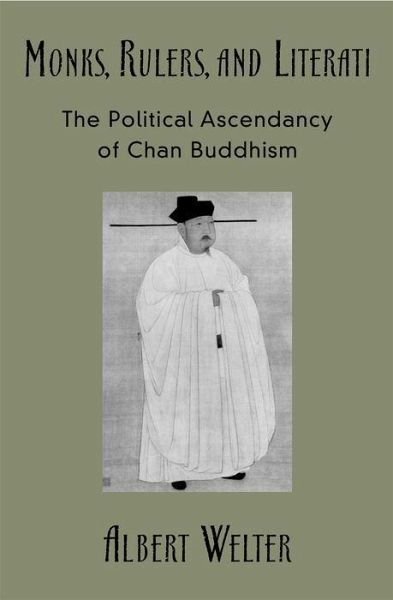
Monks, Rulers, and Literati
The Political Ascendancy of Chan Buddhism
Versandkostenfrei!
Versandfertig in 1-2 Wochen
137,99 €
inkl. MwSt.

PAYBACK Punkte
69 °P sammeln!
The Chan (Zen in Japanese) school began when, in seventh-century China, a small religious community gathered around a Buddhist monk named Hongren. Over the centuries, Chan Buddhism grew from an obscure movement to an officially recognized and eventually dominant form of Buddhism in China and throughout East Asia. It has reached international popularity, its teachings disseminated across cultures far and wide. In Monks, Rulers, and Literati, Albert Welter presents, for the first time in a comprehensive fashion in a Western work, the story of the rise of Chan, a story which has been obscured by ...
The Chan (Zen in Japanese) school began when, in seventh-century China, a small religious community gathered around a Buddhist monk named Hongren. Over the centuries, Chan Buddhism grew from an obscure movement to an officially recognized and eventually dominant form of Buddhism in China and throughout East Asia. It has reached international popularity, its teachings disseminated across cultures far and wide. In Monks, Rulers, and Literati, Albert Welter presents, for the first time in a comprehensive fashion in a Western work, the story of the rise of Chan, a story which has been obscured by myths about Zen. Zen apologists in the twentieth century, Welter argues, sold the world on the story of Zen as a transcendental spiritualism untainted by political and institutional involvements. In fact, Welter shows that the opposite is true: relationships between Chan monks and political rulers were crucial to Chan's success. The book concentrates on an important but neglected period of Chan history, the 10th and 11th centuries, when monks and rulers created the so-called Chan "golden age" and the classic principles of Chan identity. Placing Chan's ascendancy into historical context, Welter analyzes the social and political factors that facilitated Chan's success as a movement. He then examines how this success was represented in the Chan narrative and the aims of those who shaped it. Monks, Rulers, and Literati recovers a critical period of Zen's past, deepening our understanding of how the movement came to flourish. Welter's groundbreaking work is not only the most comprehensive history of the dominant strand of East Asian Buddhism, but also an important corrective to manyof the stereotypes about Zen.





